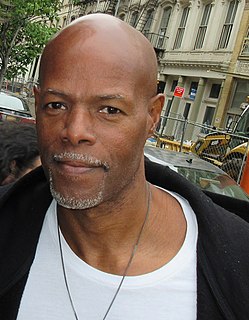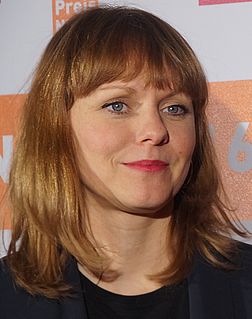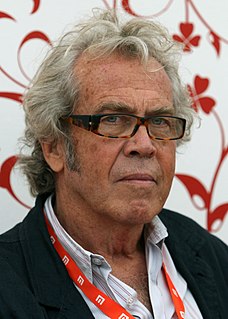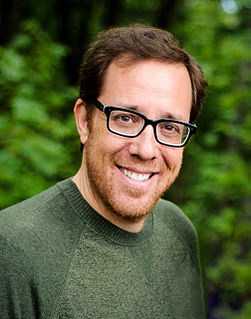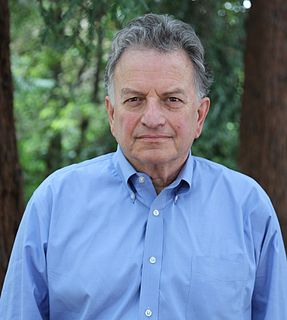A Quote by Andrzej Wajda
A novelty in Polish filmmaking was that it was possible to find funds for a big production. However, at the same time, the state budget committed less and less money to filmmaking.
Related Quotes
All three parts of filmmaking [writing, shooting, editing] contribute to rhytm. You want the script to be a tight as possible, you want the acting to be as efficient as possible on the set, and you have enough coverage to manipulate the rhythm in the editing room, and then in the editing room you want to find the quickest possible version, even if it's a leisurely paced film. I definitely in filmmaking more and more find writing and directing a means to harvest material for editing. It's all about editing.
When you raise the budget, you make creative compromises. The higher the budget goes, the more cuts in your movie happen. When people talk about how movies are watered down, that's a direct reflection of money and budget. The less money you spend; the more risks you can take. That doesn't mean it will be successful, but at least you can try different stuff. The higher your budget is, the less you can do that.
We with Komplizen Film believe very much in the writer-director and in the freedom of a filmmaker. I think it's always good to be involved where you spend the money. Filmmaking, you see in the picture what the money's spent for. I never had to leave a phase of filmmaking before being really happy, and that was really a big luxury. That could happen, I think, because I am my own producer.
For me, poetry has a strong link to my filmmaking. My films learn from my poetry. In poetry, you're free. You start in the corner and you don't know where it leads you. I have no message, I have nothing I want to tell, I just start and I see where it leads, and it's a big surprise and relief if it's good. That's the ideal state for filmmaking.
A big part of filmmaking, and a big part of the power of filmmaking, is creating characters that people fall in love with. So, those things, like the bloopers, create more reality and dimension, and the sense that these are not drawings or shadows, but they are living, breathing, thinking characters. That's the illusion.
There's something grueling but very appealing about rough, to-the-bone material in a low budget context. There's less between you and the material. There are less people. There is less time. There's often less technology. You have to concentrate very intensely, and you jump in a little deeper because there's nothing in your way... but there are challenges.

